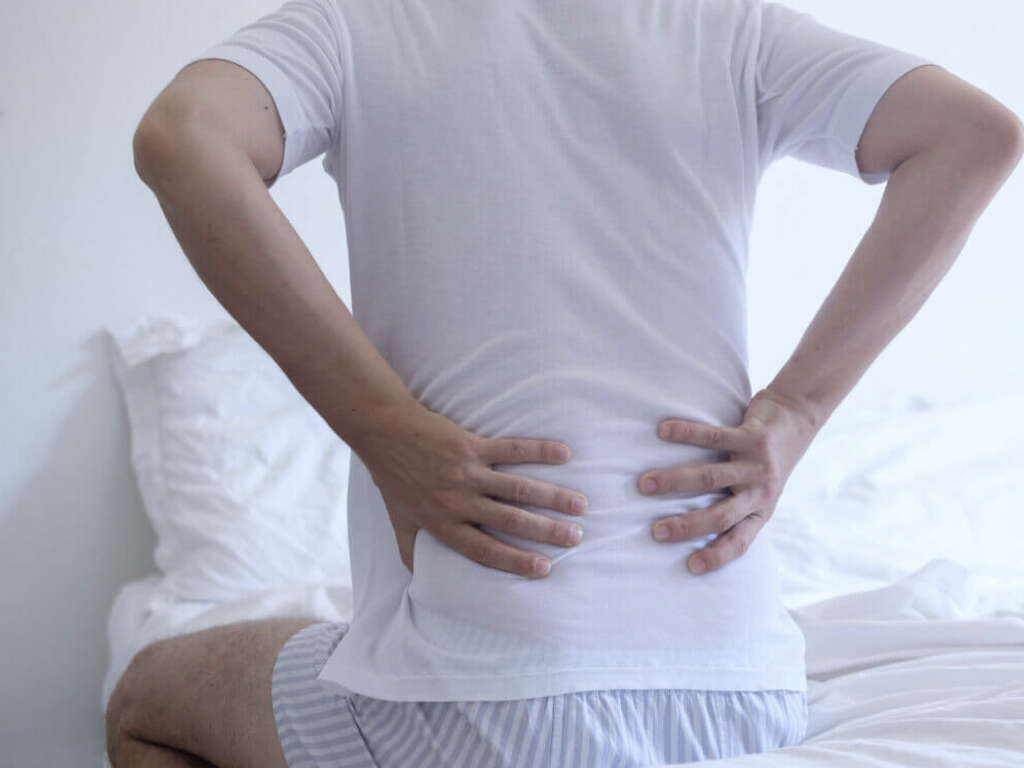Neuroleptic Malignant Syndrome Symptoms
 Article Sources
Article Sources
- 1. Berman, Brian D. “Neuroleptic malignant syndrome: a review for neurohospitalists.” The Neurohospitalist vol. 1,1 (2011): 41-7. doi:10.1177/1941875210386491
- 2. Khan, Zafar, Rajaratnam, R., Singh, Vinod. “Neurogenic bladder in neuroleptic malignant syndrome.” Urology vol. 37,6 (1991): 533-544. Available from: https://www.sciencedirect.com/science/article/pii/0090429591803207
- 3. Simon LV, Hashmi MF, Callahan AL. Neuroleptic Malignant Syndrome. [Updated 2020 Jun 3]. In: StatPearls [Internet]. Treasure Island (FL): StatPearls Publishing; 2020 Jan-. Available from: https://www.ncbi.nlm.nih.gov/books/NBK482282/
- 4. Tse, Lurdes et al. “Neuroleptic Malignant Syndrome: A Review from a Clinically Oriented Perspective.” Current neuropharmacology vol. 13,3 (2015): 395-406. doi:10.2174/1570159x13999150424113345
2. Difficulty Swallowing
In the medical world, difficulty swallowing is called dysphagia. It can be due to a multitude of problems and will be treated based on the underlying issue. Speech therapy is an excellent intervention for difficulty swallowing. If someone is having a tough time swallowing, they are at risk of choking or aspirating food/drink/saliva into the lungs which may cause pneumonia.
It was mentioned above that dopamine has an effect on the part of the brain that controls the underlying tone of our muscles. In some cases of NMS, the muscles within the throat will have an increase in rigidity which will cause difficulty in swallowing.4Tse, Lurdes et al. “Neuroleptic Malignant Syndrome: A Review from a Clinically Oriented Perspective.” Current neuropharmacology vol. 13,3 (2015): 395-406. doi:10.2174/1570159x13999150424113345
Advertisement

Related Articles
-
What Is Neuroleptic Malignant Syndrome?
10FAQ
-
What Is Dissociative Fugue?
10FAQ
-
Nursing Degree: A Gateway To A Rewarding Career
10FAQ
-
Understanding LASIK Surgery for Improved Vision
10FAQ
-
Cheap Dental Implants: A Cost-Effective Solution For Your Dental Needs
10FAQ
-
Gallbladder Polyps Causes, Symptoms and More
10FAQ



